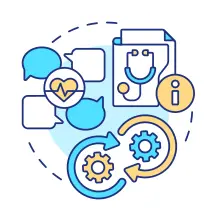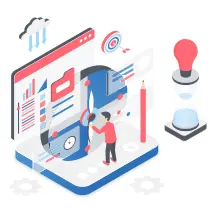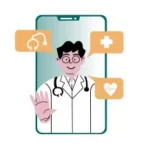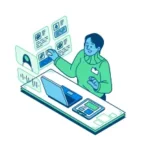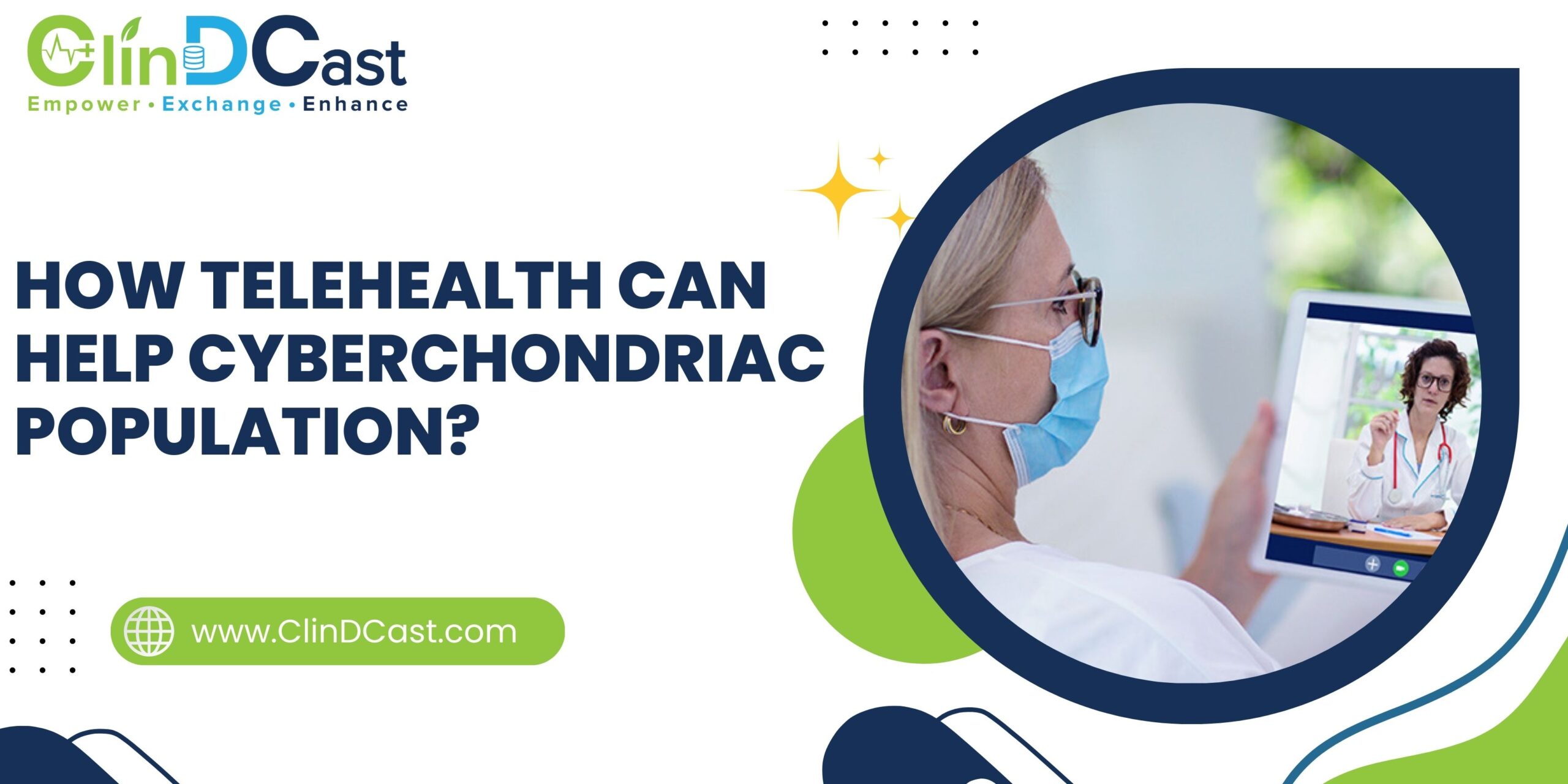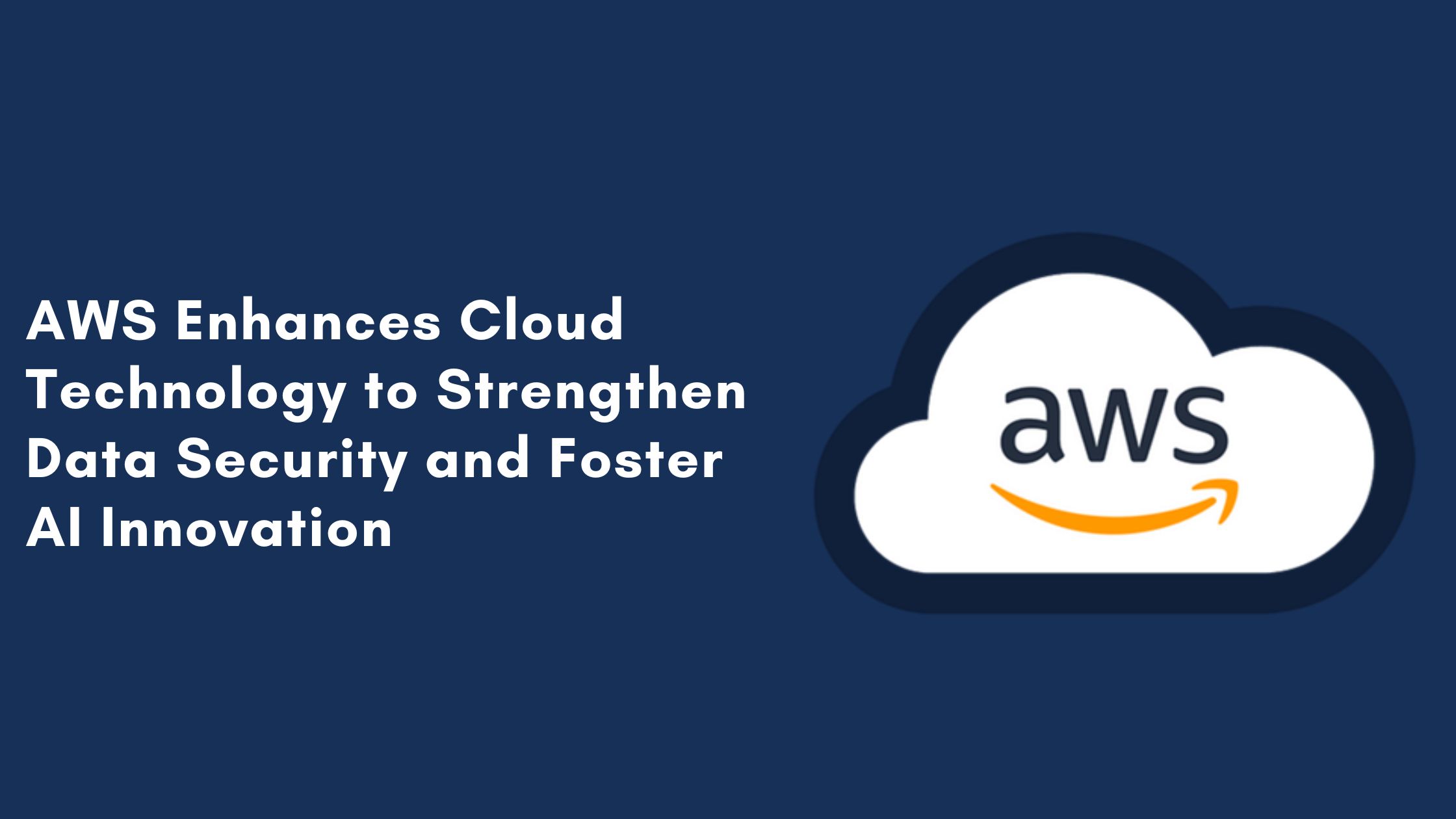
The U.S. Department of Health and Human Services (HHS) has unveiled a new final regulation intended to avoid information blocking in the healthcare industry, marking a significant step towards improving patient care and creating a more linked healthcare system. The goal of this regulation is to guarantee that patients can easily access their electronic health information (EHI), which will enhance provider-to-provider communication and enable more carefully planned care. so let’s discuss HHS Finalizes Rules to Penalize Healthcare Providers Engaging in Information Blocking without any delay.
Key Points
- The U.S. Department of Health and Human Services (HHS) has announced a final rule to prevent information blocking in healthcare.
- Healthcare providers who prevent patients from accessing their electronic health information (EHI) will face sanctions under this rule.
Understanding Information Blocking
When healthcare practitioners purposefully and unreasonably obstruct a patient’s ability to access, exchange, or use their electronic health information, this is known as information blocking. These actions may hinder provider-to-provider contact, postpone therapy, and have a detrimental effect on patient care.
The New Rule: Disincentives for Blocking Information
If healthcare professionals are proven to have blocked information, the new rule specifies harsh sanctions. These fines are included in the current healthcare initiatives:
- Medicare Promoting Interoperability Program: Information-blocking hospitals and critical access hospitals will lose their status as significant EHR users and may lose their access to financial incentives.
- Merit-based Incentive Payment System (MIPS): A clinician’s overall MIPS score may drop and their reimbursement may be impacted if it is discovered that they are obstructing information. In the Promoting Interoperability performance category, they will receive a zero.
- Medicare Shared Savings Program: Accountable Care Organizations (ACOs) that block information risk being excluded from the program for at least a year, forfeiting potential revenue.
Phased Implementation and Potential for Further Action
Disincentives will take effect 30 days following the publication of the final rule, with the exception of the Medicare Shared Savings Program, which will go into effect on January 1, 2025. The rule also leaves open the potential of adding more disincentives later on.
Complementary OIG Rule
The Office of Inspector General (OIG) published a final rule in June 2023 that addresses information blocking by organizations other than healthcare providers, including information exchanges and developers of health IT. This HHS regulation is meant to supplement that rule. These organizations risk up to $1 million in civil fines for each infraction.
A Step Towards a More Connected Healthcare System
HHS hopes to increase provider-to-provider communication and patient access to health data by tackling information blockage. In order to improve patient outcomes, foster better-coordinated care, and build a more connected healthcare system, this final rule is essential to read more about HHS Finalizes Rules to Penalize Healthcare Providers Engaging in Information Blocking visit https://hitconsultant.net/.

